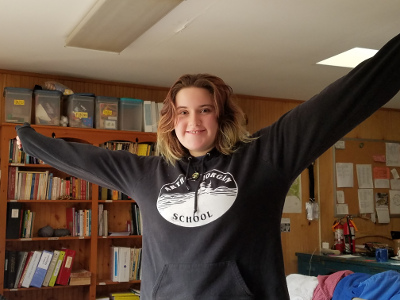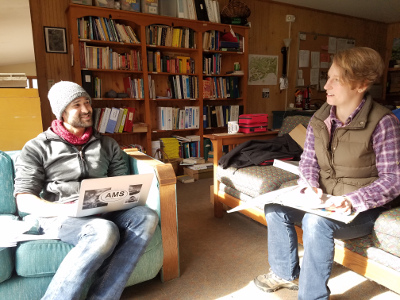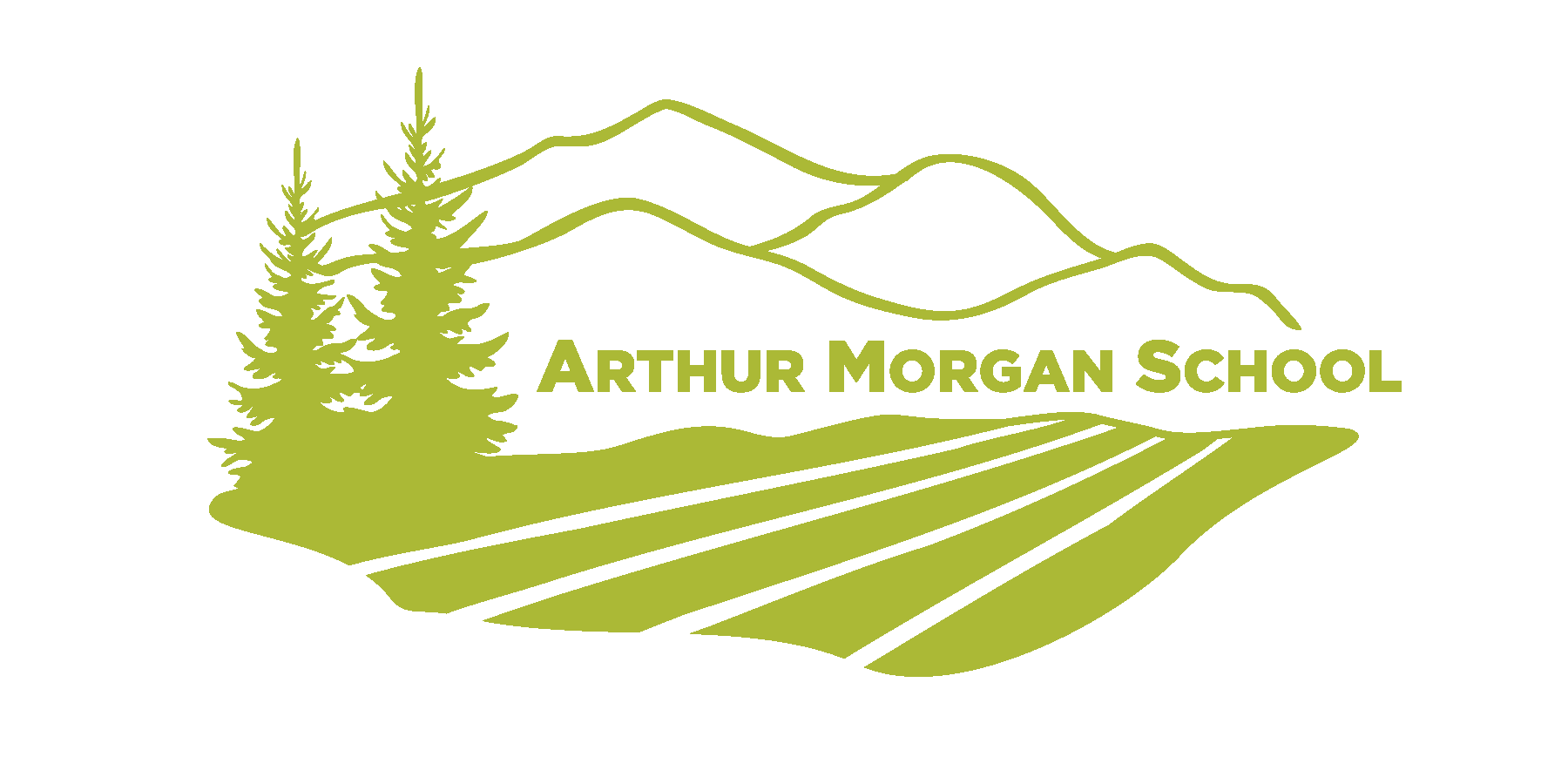Portrait of a Graduate

For many, the cold days of winter are a time of reflection and goal setting. New Year’s resolutions are made with the hope that the next year will bring positive change. At Arthur Morgan School, we start the year reflecting upon the school’s mission and vision.
As stated, our goal is to help middle schoolers “question and evaluate, think creatively and work independently and cooperatively, while sharing in a community that honors simplicity, respect, responsibility and thoughtful consideration.” If compelled, we want them “to make courageous choices that may create global change by developing awareness of our impact on social and ecological life.”
 This week, AMS board and staff members participated in our annual strategic planning. Looking at the school’s future, we evaluated our practices and decided how we could best serve our students to help them be positive contributors to their communities. We use this planning as a basis for decision making throughout the year to ensure we are always moving in a conscientious direction. This year we chose a new way to evaluate our program: through the portrait of a graduate.
This week, AMS board and staff members participated in our annual strategic planning. Looking at the school’s future, we evaluated our practices and decided how we could best serve our students to help them be positive contributors to their communities. We use this planning as a basis for decision making throughout the year to ensure we are always moving in a conscientious direction. This year we chose a new way to evaluate our program: through the portrait of a graduate.
Creating the Graduate Portrait
As an exercise to help define what experiences AMS provides to its middle schoolers, the board and staff collectively listed what a graduate of AMS looks like. It was an impressive list, one that showed how much our community values the personal growth and well being of young adolescents.
I have included the list below, but already it is clear that this is just the beginning. Even days later, people are adding things to the list. Over the next couple months, we will be working on this portrait. We will use this list as a stepping stone to better articulate to our students, parents, supporters, and ourselves the importance of our mission. We will use it a daily reminder of how the work we do helps middle schoolers be the best version of themselves and become better prepared the world they will live in.
What does an AMS graduate look like?
- Sense of responsibility
- Understand impact of actions on others
- Active participants in learning
- Shape their own education
- Able to articulate their values
- Skillful in cooperative settings
- Motivated to engage in global issues
- Interested in taking in information from lots of sources
- Physically and practically capable
- Resilient
- Can solve their own problems
- Not addicted to technology
- Authentic and can articulate their own values
- Feel faith in the possibility of community
- Resourceful
- Self-reliant
- Confident in following their own interests
- Aware of the importance of human connection
- Confident in their creative expression
- Able to be themselves and be vulnerable to others
- Understand and practice consent and respect
- Empowered to share and to hear
- Strong sense of agency
- Empathetic and able to make room for other people’s differences
- Domestically adept
- Politically aware and open-minded
- Grounded in who they are
- Physically fit
- Value a rich multifaceted life
- Able to feel gratitude to the land
- Grounded in the natural world
- Capabilities based on experience
- Feel like they’re a part of something bigger
- Have lifelong friends
- Demonstrate Quaker values
- Sense of belonging
- Feel understood
- Strong work ethic
- Benefit from a process education rather than a content only education
- Know how to learn
- Lose their sense of entitlement
- Skillful storytellers
- Free to play
- Respectful
- Courageous
- Joyful
-By Nicholas Maldonado
